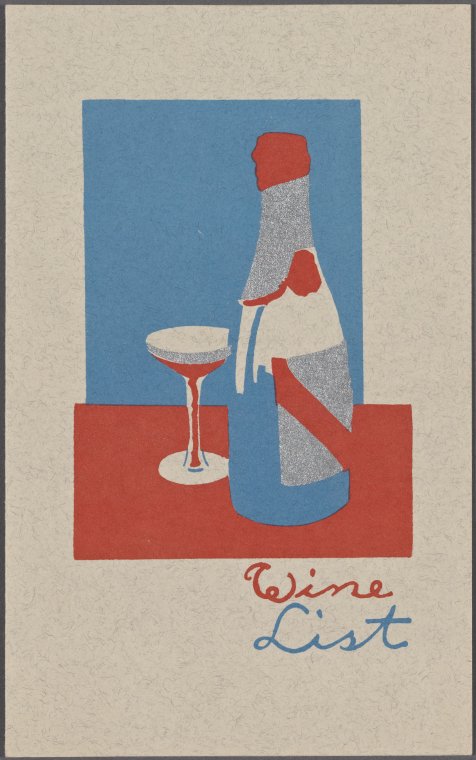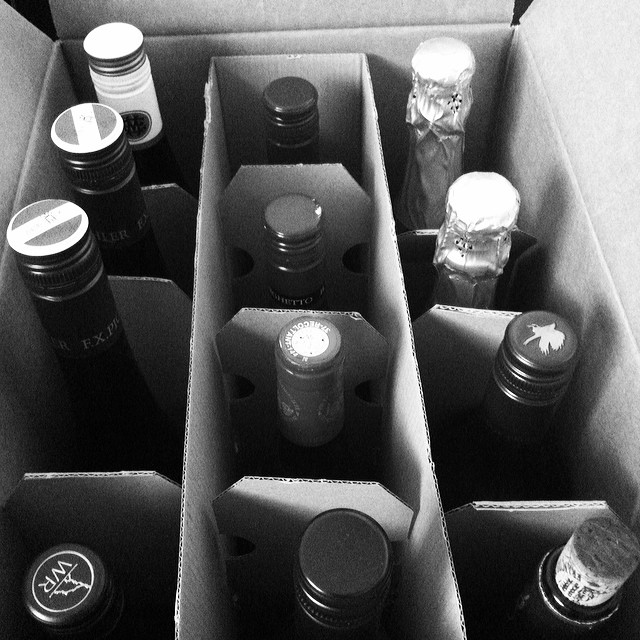
My modest proposal is to ask anyone who is involved in the wine trade, be they importers or retailers, sommeliers or bloggers, to take a step back from what they do every day and consider how they might improve their customers’ (or audience’s) experience and appreciation of wine.
This may be a somewhat ancient chestnut still to be roasting over the New Year’s fire, but restaurants might profitably conceive of ways of making good quality wines easier to afford. When I go out for dinner I usually have to order a wine that I can pay for, rather than one I really want to drink. I have been calling for more imaginative and sympathetic mark ups in bars and restaurants by means of cash mark ups and sliding scale margins for twenty years. Instead, margins have continued to increase, without a commensurate increase in the quality of the wine. With external pressures also pushing cost prices higher (tumbling exchange rates, terrible weather affecting vintages) then buyers need to examine different financial models to sell wine. Moreover, in the era of instant price comparison, it is simple enough to identify the relative mark-up strategies of different establishments, and easier still to use social media to call people out on swingeing gross profit margins.
To customers I might suggest “drink less – but drink better”. It is important to understand that value does not reside in the cheapest wine (even if the cheapest wine may be competently made). And if wine is to be more than alcoholic fuel then we need to appreciate that its real value, rather than the price, is the relative quality of the farming and the integrity of the winemaking.
I would propose a minimum pricing policy so that supermarkets (mainly) can’t sell wine at, or below, cost. Nothing devalues wine like perennial BOGOF offers and slash-and-burn sales, and the knowledge that vast marketing budgets are being used to rig price points. Wine becomes a mere commodity, its seeming raisin d’etre to hit these artificial price points. With all this money swirling around the system, supermarkets and negociant brands should be paying a fair market price for the grapes, establishing strong and diverse relationships, rather than driving down the margins of growers they buy from.

To counteract this I would also propose a reduction in duty on wine, which has been penalised disproportionately over the past twenty years. This tax seems to be levied for the most spurious of reasons. Whereas beer, cider and whisky (home industries) were being safeguarded, wine continued to be subject to duty rises, in many cases greater than the rate of inflation. Rather than exacting a tax on wine, more time, effort and money might be directed towards educating people to drink responsibly. We need to have a far more grown up relationship with alcohol. The idea of happy hours and deep discounting is designed to draw people into consuming more than they would otherwise. Alcohol becomes a cheap thrill, back-of-the-bike sheds stuff. And, if you tax booze as a mere commodity, then people will treat it as a mere commodity.
Better education and more opportunity are the key to improved wine appreciation. Those who work in restaurants (from floor staff to managers to accountants) need to understand the nature of the products they are selling. Most wine companies are happy to drive this educational agenda, but it is in the interest of the restaurants to subscribe enthusiastically to this service. As per above, restaurateurs need to be more imaginative in the way that their establishments sell wine – with respect to the presentation of wine lists, feeling free to change their selections more frequently, opening bottles on a whim, offering more wines by the glass (perhaps investing in preservation systems), linking wines to dishes on the menu and so on… If you think that wine is just booze, well, think again. In 2017 we can raise the bar rather than default to the lowest common denominator. At the risk of a coining a cliché, we can make it “real”, by improving the offering at every level of the wine trade – from pricing policy, to education, to service and even wine writing. But that’s enough story.

